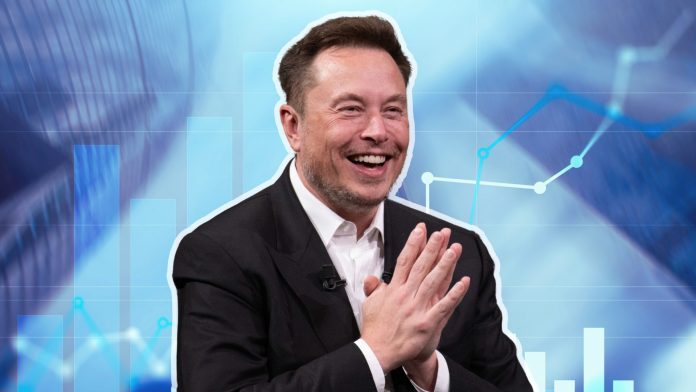In a significant development, Tesla’s market value surged in November, catapulting it to the forefront of the global market and putting it in direct competition with industry giants like Walmart, JPMorgan Chase, and Amazon.
Tesla’s market capitalization grew by 38.1%, reaching $1.1 trillion in November. Walmart followed behind Tesla, with a growth of 12.9% to $743.5 billion, while Amazon increased by 11.5% to $2.2 trillion.
Elon Musk, Tesla’s CEO, played a pivotal role in this growth, as his close ties with President-elect Donald Trump and the expectation that the automaker will benefit from relaxed federal regulations on fully autonomous, or self-driving, vehicles under the Trump administration inspired investor confidence. These policy changes are anticipated to streamline Tesla’s rollout of autonomous technology, including the highly anticipated Cybercab, enabling faster adoption and integration within the automotive sector.
Tesla’s remarkable rise highlights the substantial influence of government policies on corporate performance–particularly in the automotive industry. It underscores the importance of leadership that can effectively navigate political connections to align with emerging opportunities. Musk’s strategic foresight and politicking to influence regulatory conditions are essential drivers of this success.
This growth positions Tesla not just as an automotive innovator but as a major economic player shaping future technologies. Musk’s collaboration with the incoming administration could accelerate advancements in self-driving vehicles while creating a more competitive market environment. With regulatory hurdles potentially diminishing, Tesla is well-poised to redefine the future of autonomous driving and solidify its standing as a transformative force in global markets.



